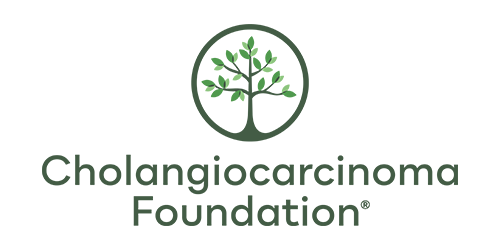Monthly Scientific Update – March 2023
Asbestos and Cholangiocarcinoma: A Pilot Study
Kelly Butler
Asbestos is a mineral-derived carcinogen linked to multiple human cancers. Although asbestos has been removed from thousands of commonly used consumer products, occupational and environmental exposures are still important cancer risk factors.
A recent study thus sought to understand better whether asbestos is linked to cholangiocarcinoma. Forty patients with intrahepatic cholangiocarcinoma were included in the study, and the subset with likely asbestos exposure had a higher rate of small-duct versus large- duct tumors. Mechanistically, asbestos may cause more small-duct tumors since the carcinogenic compound can be readily trapped in narrow vessels. However, it is essential to note that asbestos exposure may also promote large-duct intrahepatic cholangiocarcinoma, even though it is more strongly linked with the small-duct subtype.
While asbestos appears to increase the risk of small-duct tumors, the study found no difference in histological features by asbestos exposure status. Therefore, it is plausible that asbestos is one of many factors that can induce common tumor-promoting processes such as inflammation. Additional exposures yet to be identified may also activate these oncogenic processes. Further research could thus lead to better prevention strategies for cholangiocarcinoma and other cancer types.
Reference: Vasuri, F., Deserti, M., Corradini, A.G. et al. Asbestos exposure as an additional risk factor for small duct intrahepatic cholangiocarcinoma: a pilot study. Sci Rep 13, 2580 (2023). https://doi.org/10.1038/s41598-023-27791-1

Kelly Butler is an NIH Postbac Research Fellow and the Founding Director of SAFE
